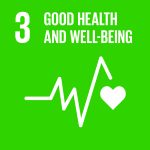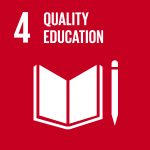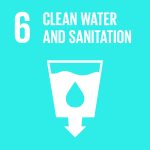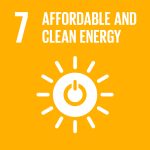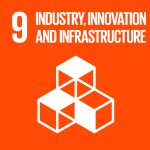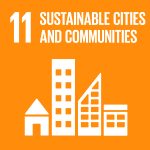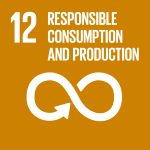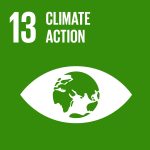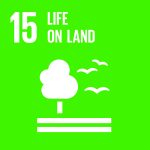Esta web utiliza cookies para que podamos ofrecerte la mejor experiencia de usuario posible. La información de las cookies se almacena en tu navegador y realiza funciones tales como reconocerte cuando vuelves a nuestra web o ayudar a nuestro equipo a comprender qué secciones de la web encuentras más interesantes y útiles.
Newton Smart Campus
Description
Institution
Organizations/areas of the university involved
Research, Extension and Innovation, Engineering and Architecture
Country
Brazil
The intensification of urbanization leads to various aggravating factors in an intensely populous city. Among them, we can mention: difficulties of urban mobility, increase in waste generation, and difficulties of destination, intense use of finite resources, such as water, electricity, and energy. Difficulties such as these also exist within a University Campus. Because of this, the extension nucleus called Smart Campus appeared.
Newton Smart Campus proposes to identify the real problems of society due to urbanization intensification and develop solutions to solve these problems, using the campus as a space for prototyping and learning. The projects are developed with an average duration of six months to one year.
The main focus is that all actions and projects fit into Human, Intelligent, and Sustainable Cities concepts, with support in some of the UN’s Sustainable Development Goals and Belo Horizonte Agenda 2030. For this purpose, the program is subdivided into axes according to the themes
Results and impact measured or expected
Smart Campus has performed more than 90 projects to make the campus and society better.
Here are some projects that can be mentioned:
– Recycling of plastics, paper, used oil, electronics, and batteries.
– Development of photovoltaic autonomous energy poles;
– Actions to encourage the use of rickshaws among students within the Campus;
– Elaboration of an online Smart Cities course for the entire academic community;
– Smart Talk – a podcast channel available on SoundCloud with a discussion about Smart Cities and Sustainability;
– Creating living spaces;
– Book fairs promotion, in which students can bring old books and exchange for others in an accessible way;
– Poor communities and schools action to make education and job chances better.
We expect in the next few years projects with more complexity and social impact in areas like BIM (Building Information Model), Machine Learning, Big Data, Internet of Things, and Industry 4.0.
Connection with the SDG framework
Smart Campus, as an extension nucleus, is an integrator of the main UN SDGs with the knowledge acquired throughout the academic training, applying projects focused on Human, Intelligent and Sustainable Cities.
The actions promoted by the program include: health promotion, which develops activities aimed at the well-being of users; saving water through the installation of flow reducers; energy savings with implementation of projects from renewable sources and replacement of the use of fossil fuels; opportunities for extensionists to improve their intellectual, leadership and teamwork skills, being primary characteristics in the labor market; application of the concepts of industry 4.0 in order to improve the projects, reaching companies, with technologies of Big Data, IoT, among others.
Barriers and follow up
For the Smart Campus to have a better functioning, partnerships are established and thus values are aggregated, giving technical support, making their expertise available in areas of business with affinity to the project; inducing demands of extensionist actions to solve real problems of the community, aligned to the concept of intelligent Cities. Our goal is to strengthen relationships with institutions and public agencies willing to engage collaboratively in the training of future professionals. All the applications of the axes cherish sustainability, so small changes contribute to the reduction of the impacts caused by the unbridled growth of cities, which have directly affected the environment.
Our major barrier is to get funds to realize all the projects necessary. That’s why we try to establish partnerships to big organizations and subscriptions in edicts to research and developments.
Education 4 SDG funciona gracias a WordPress

